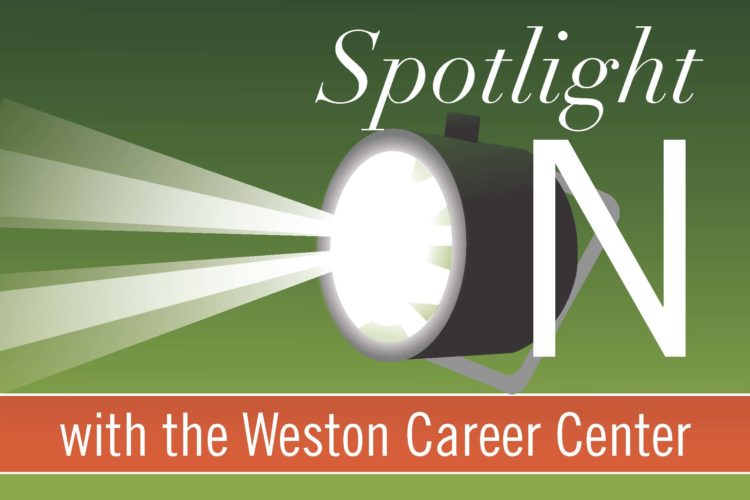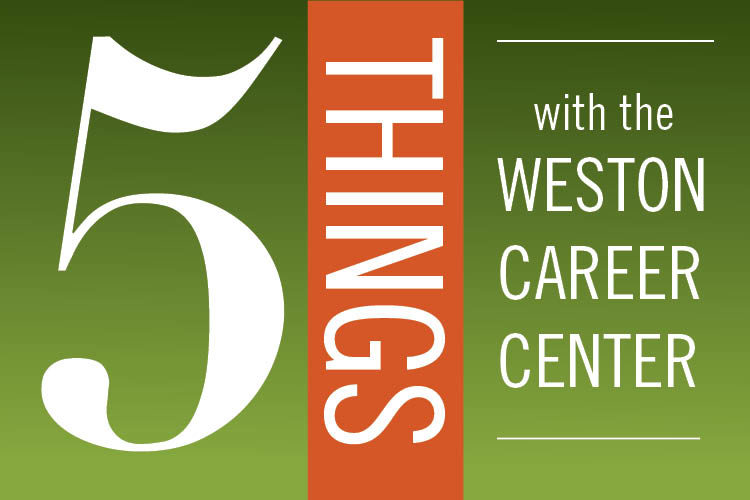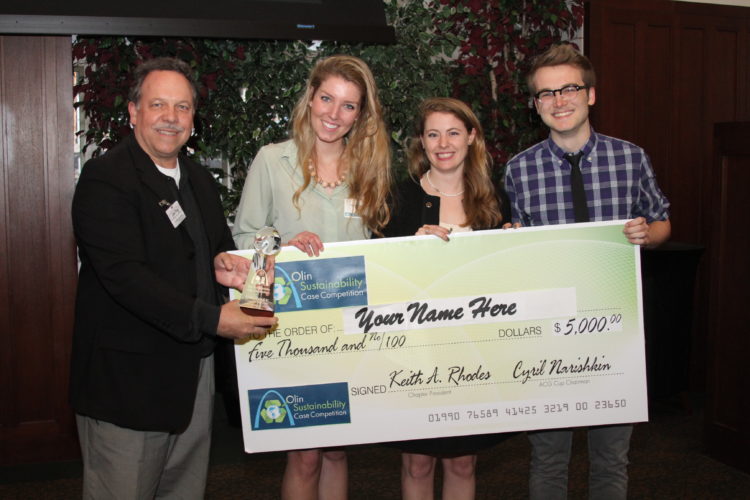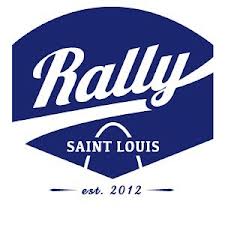 This past November, I came back from a late night of going out with some friends, and opened my computer to an email from my Consumer Behavior Professor Joe Goodman. The email described a website called Rally St. Louis. I read through the description, and the email couldn’t have been more than 25 words and a link to the website. I lazily clicked on it and was immediately intrigued.
This past November, I came back from a late night of going out with some friends, and opened my computer to an email from my Consumer Behavior Professor Joe Goodman. The email described a website called Rally St. Louis. I read through the description, and the email couldn’t have been more than 25 words and a link to the website. I lazily clicked on it and was immediately intrigued.
Rally St. Louis is an online platform for people of St. Louis to submit ideas to make St. Louis a better place. Once ideas are submitted they become public, and people can vote on the ideas they like once a day. The ideas with the most votes at the end of each month get “valued” at a certain goal of money and moved onto the funding stage. Once the idea gets submitted to the funding stage anyone can donate any amount of money to help the ideas become a reality. The whole idea is to give people with good ideas a voice and a vehicle for their voice to be heard.
Having grown up in St. Louis my whole life, I thought this was an awesome opportunity to submit an idea that I have always had a certain passion for but no way to make it happen or get it started. My idea, Project Blacktop, is to turn empty unused lots in the city of St. Louis into basketball courts. The idea is to beautify these empty lots with basketball courts which look nice and appealing when you drive by them. The continuation of Project Blacktop is to host youth basketball clinics for neighborhood kids, and summer adult pickup basketball games and leagues. The idea is for these courts to be active, positive spaces for the community. The idea relies on the courts being used regularly and becoming positive spaces for community building events.
That night I typed up a quick description of my idea, and submitted it to the RallySTL website. I wrote about two paragraphs basically describing what I wrote in the paragraph above, and placed a random stock image picture of an urban basketball court under the description (it was an awful picture). The whole process of submitting my idea took about 15 minutes. After I submitted my idea I had a URL that I could copy and paste and send to whomever I wanted. I blasted it out to my Facebook friends that night via a Facebook status saying “Please vote for my idea!”. I slept in the next day and woke up as the #4 vote getter on the entire website. It was the first week of the contest, so I only had around 40 votes. I continued to post on my Facebook everyday, along with sending the link out to family and friends with a quick description behind the whole idea.
Before I knew it, I was about 200 votes in the lead of all the other ideas and quickly approaching 1000 votes for the month of December. Other ideas were picking up steam and became clear frontrunners to finish within the top 5 at the end of the month.
RallySTL makes it incredibly easy to make a difference in the city. They give you the portal you need to do your own marketing. It is the quickest way to raise awareness about an idea that you are passionate about.
Being at Wash U really helped me raise awareness and votes. Students are a young tech- savvy audience who check their Facebook accounts religiously. All I had to do was post the link and before I knew it people who wanted to do anything but study for finals were distracted by voting for Project Blacktop daily.
The end of December rolled around, and I was #4 in total votes for the month and my idea was moved onto the “Funding” stage of RallySTL. My project was valued at $10,000, which means that I have 90 days to “crowdfund” my idea to reach a goal of $10,000. RallySTL makes funding easy as well, because once again I had a URL I could send to whomever I wanted. I sent it to friends, family, teachers, and local businesses. And before I knew it I had people donating money everyday.
I’m currently in the middle of the funding stage and leading all other RallySTL ideas with 22% of my project funded. This whole experience has happened so fast, and honestly it has become more than I had ever imagined. That night that I answered an email from a professor and took 15 minutes to submit an idea became something I’m extremely proud of and a great thing for my resume. I receive 10-15 emails everyday from people in the community who have seen my idea and want to donate, or congratulate me, or give me feedback on how to improve my funding strategy. I have made so many amazing connections in the St. Louis community and Project Blacktop has garnered some great press over the past 3-4 months.
I wrote this blog post to prove that it is easy to make a difference. If you have an idea, speak up, let it be heard, and try it out. See what people have to say about it. You don’t need to be a rich philanthropist, a social policy leader, or the mayor. I’m a 20 year old college junior with $66.63 in my bank account right now and I am on my way to raising over $10,000 and starting a charity that makes a difference in the St. Louis community. I encourage all Olin students to bring their ideas to life through all of the amazing resources Wash U and St. Louis offer, whether it be RallySTL, Olin Sustainability Challenge, or the Skandalaris Center.
Below are some links to further educate you on RallySTL and Project Blacktop.
Tim Cooney, BSBA 2014
Project Blacktop:
http://www.rallystl.org/Ideas/Detail/43
http://www.youtube.com/watch?v=w4IPpn0DR6w
Hoop photo by Ryan Gregor
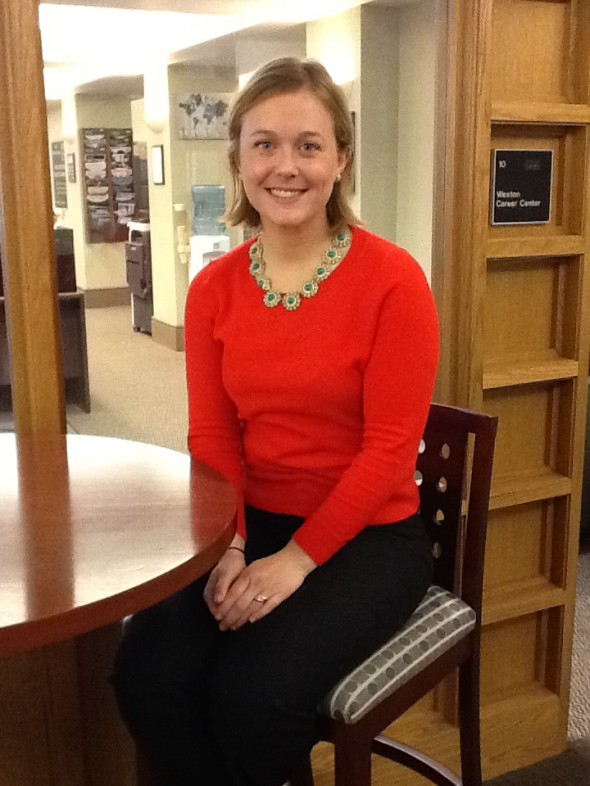 Name: Molly Sonderman
Name: Molly Sonderman

